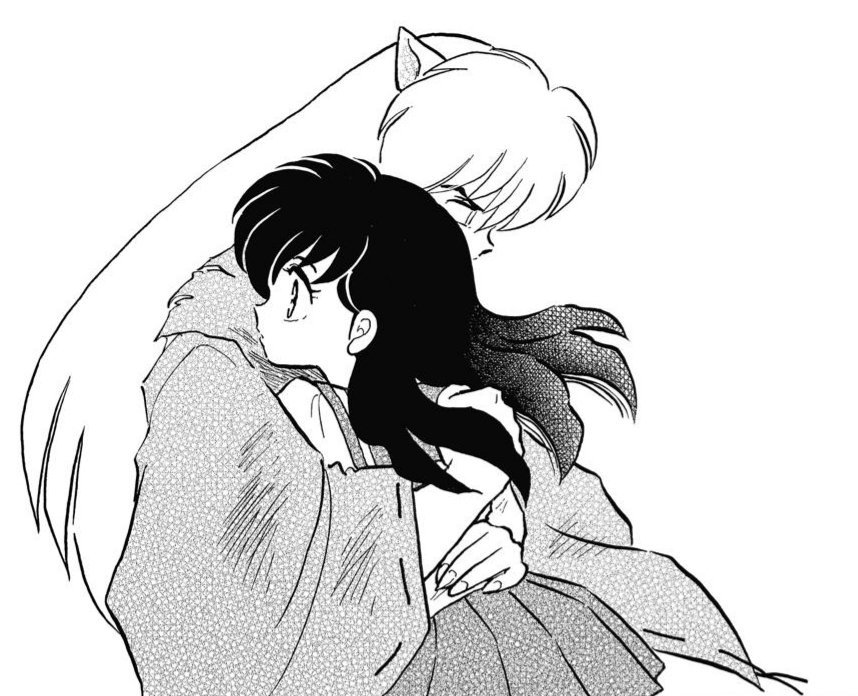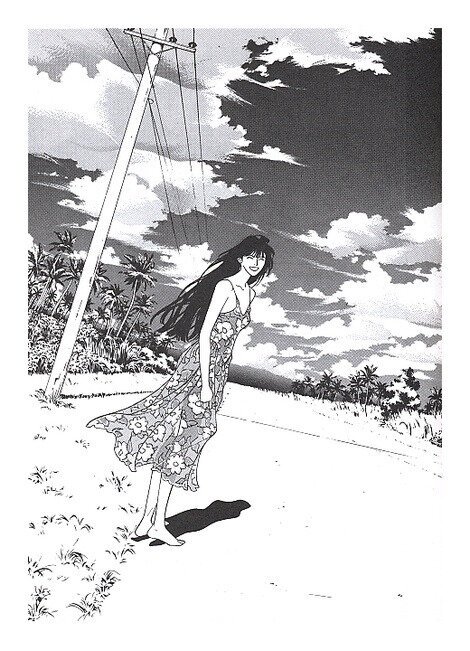Examining Depictions of Religion and Philosophy Through Record of Ragnarok

Many consider religion to be a sensitive topic and for good reason: one wrong word and suddenly an entire faith is misinterpreted and scrutinized.
Some manage to toe this line flawlessly, with the likes of Hayao Miyazaki incorporating subtle Shinto ideologies of the kami and environmentalism into his works of Princess Mononoke and Spirited Away. However, Japan has had a distinct artistic take on portrayals of religion that have either stayed true to their source text or strayed so far off that the narratives have taken on a life of their own.
The manga series and now Netflix anime Record of Ragnarok is one wacky example of Japan’s rendering of gods. The premise sees gods engaging in one-on-one combat to the death with humanity’s greatest minds and figures. The manga series saw its birth in 2017 from the minds of Shinya Umemura, Takumi Furui, and the 4-person mangaka Ajichika before it was adapted into an anime by Graphinica and premiered on Netflix in 2021.
Full of nonstop brawling between the gods and mankind’s best to determine the fate of humanity, the story sees the likes of Nikola Tesla take on Belzebub while Thor brandishes his hammer against ancient China’s Lü Bu. The gods come equipped with vascular muscles, an 8-pack of abs, and the deadliest, holiest weapons imaginable, all while being kitted out in suits and armor befitting their godly stature.
From an artistic point of view, the series is pure derisive action with no blasphemy or ill-intent and it has been received by the rest of the world in good spirits.
Surely Japan’s eccentrics know no bounds; where else would you see the likes of Adam from the Book of Genesis going punch-for-punch against Zeus, and even the serene Buddha getting his kicks in?
About the Author:
Seb Paez
Born and raised in the Philippines before coming to Tokyo. He thinks you’re pretty cool.





